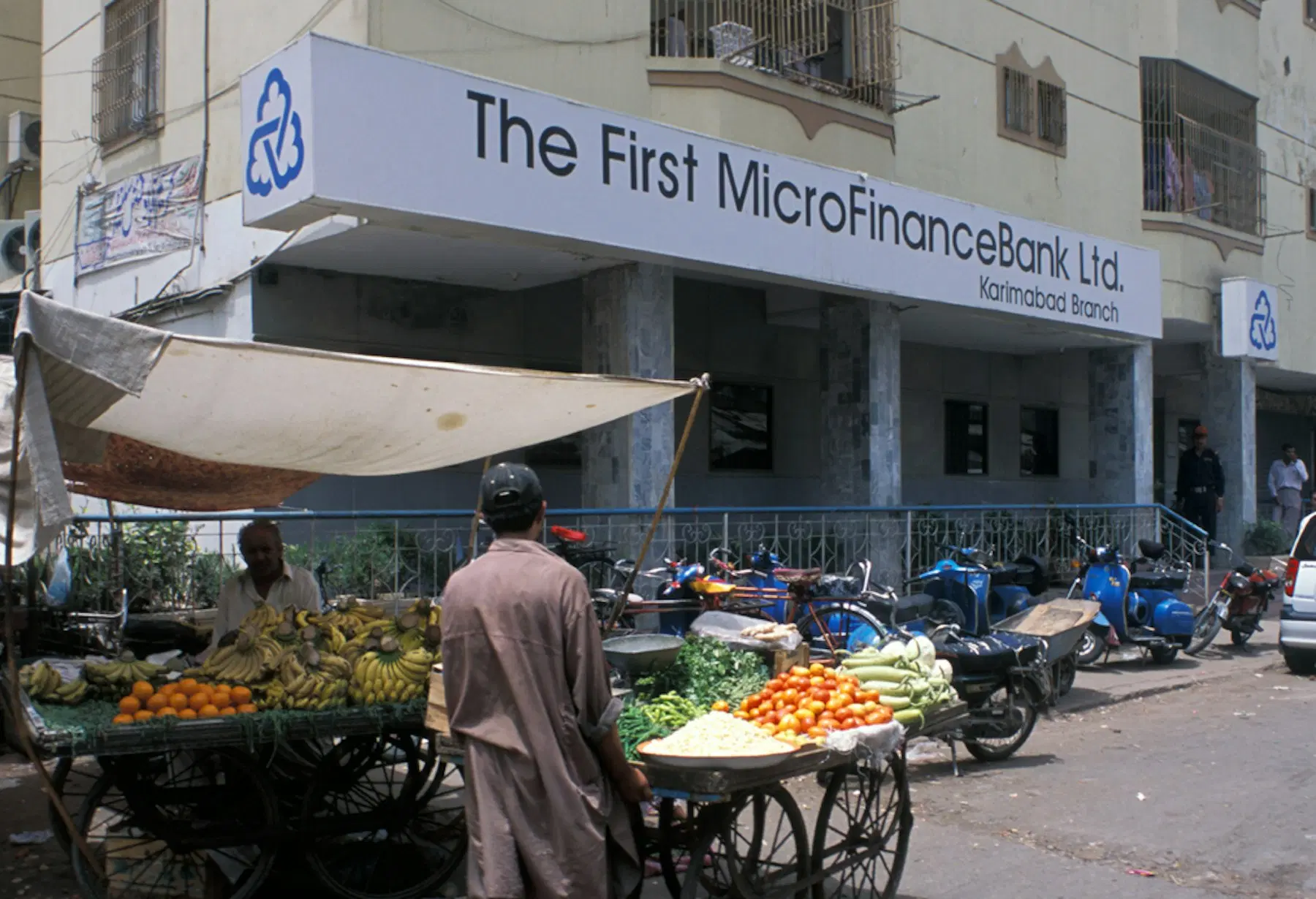If you are a small business owner in Nigeria struggling to secure funding for your venture, microfinance banks might just be the solution you have been searching for. These specialized financial institutions are designed to cater to the needs of small businesses and entrepreneurs, offering a lifeline when traditional banks fall short.
In this comprehensive guide, we will explore the top banks, their loan offerings, and everything you need to know to make an informed decision. From eligibility criteria to application processes and interest rates to repayment terms.
Microfinance banks in Nigeria are financial institutions designed to provide accessible banking services to underserved populations and small businesses. Their primary purpose is to foster economic growth by offering financial products tailored to the needs of low-income individuals and micro-enterprises.
These banks play a crucial role in promoting financial inclusion and poverty alleviation. They offer a range of services, including:
- Small, short-term loans for business growth
- Savings accounts
- Money transfer services
- Financial education and business guidance
Top Microfinance Banks for Business Loans
1. LAPO Microfinance Bank
LAPO Microfinance Bank stands out as a leader in Nigeria’s microfinance sector. it offers a wide range of business loans tailored from 500,000 to 5,000,000 Up to 24 months depending on the entrepreneurial needs. Their products include:
- Group loans
- Individual business loans
- Asset finance loans
- Agricultural loans
2. Accion Microfinance Bank
Accion Microfinance Bank offers working capital loans to provide businesses with short-term financing to cover operational expenses. These loans help maintain cash flow, pay suppliers, and manage inventory. Microfinance banks offer flexible terms tailored towards small businesses’ needs, usually from 3 to 12 months.
3. Asset financing
Asset financing allows businesses to acquire equipment, machinery, or vehicles without large upfront costs. This type of loan helps companies expand operations and increase productivity. Microfinance banks often provide competitive rates for asset financing, making it accessible to small enterprises.
Eligibility Criteria for Business Loans
To qualify for a business loan from microfinance banks in Nigeria, your enterprise must be properly registered. Here are the key requirements:
- Valid business registration certificate
- Tax Identification Number (TIN)
- Bank account in the business name
- Proof of business address
Collateral expectations
Microfinance banks often require collateral to secure business loans. Common forms include:
- Property, e.g Land, buildings
- Vehicles, e.g Cars, trucks
- Equipment: Machinery, tools
- Inventory: Inventory
Application Process and Documentation
Microfinance banks typically require the following documents for business loan applications:
- Business registration certificate
- Bank statements (6-12 months)
- Tax clearance certificate
- Business plan or proposal
- Collateral documentation (if applicable)
Interest Rates and Repayment Terms
Microfinance banks in Nigeria offer varying interest rates for business loans. It will be adviceable to check and compare the interest rates with each bank and know the one that is more suitable and convenient for you.
Repayment flexibility
Most microfinance banks provide flexible repayment options to accommodate different business cycles:
- Daily repayments
- Weekly installments
- Monthly payments
- Customized schedules based on cash flow
Microfinance banks offer a streamlined loan approval process, often taking just days compared to traditional banks’ weeks or months. This speed is crucial for small businesses needing quick capital infusion.
B. Financial inclusion impact
Microfinance banks play a vital role in promoting financial inclusion by:
- Serving underbanked populations
- Offering lower minimum loan amounts
- Providing financial education
Tips for Securing a Business Loan from Microfinance Banks
1. Prepare a solid business plan well-crafted business plan is crucial for securing a loan. Include:
- Executive summary
- Market analysis
- Financial projections
- Risk assessment
3. Maintain accurate financial records
Keeping precise financial records demonstrates responsibility and helps banks assess your creditworthiness.
1. Income statements
2. Display assets and liabilities
3. Cash flow statements
Microfinance banks in Nigeria offer valuable opportunities for small businesses seeking financial support. By knowing the top microfinance institutions, understanding their loan products, and familiarizing yourself with eligibility criteria and application processes, you can make an informed decision about which bank best suits your business needs. While these banks provide numerous benefits, including easier access to credit and flexible repayment terms, it’s crucial to consider potential drawbacks and assess the associated risks.
To increase your chances of securing a business loan from a microfinance bank, ensure you have a solid business plan, maintain good financial records, and gather all necessary documentation beforehand. By carefully weighing your options and following the tips provided, you can leverage microfinance banks to fuel your business growth and contribute to Nigeria’s economic development.
